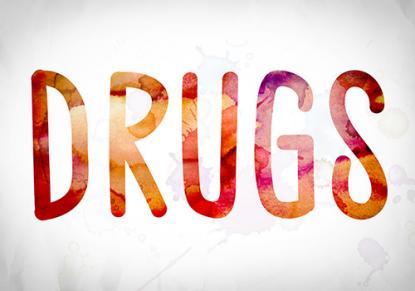

About Methadone Addiction
Methadone is a synthetic opioid painkiller that is used to address chronic pain as well as treatment for heroin addiction. Methadone is very strong and stays in the body for extended periods of time, making it an attractive drug choice for patients as well as physicians. Originally synthesized by the Germans during the Second World War, methadone’s popularity has risen sharply over the last decades. When methadone is taken as prescribed, it can be an effective way to deal with opiate addiction, but because of it’s strength, it is also highly addictive. When methadone is prescribed for the express use of treating drug addiction, it is very closely supervised. Methadone Addiction is a very real possibility for anyone taking this drug to treat either chronic pain or drug addiction symptoms.
Methadone prescriptions for the relief of chronic pain has risen in numbers over the years and the number of individuals using methadone have become overwhelming to the medical community. The need for methadone treatment centers in Huntington Beach has also risen as methadone addiction rates have exploded. According the Center for Disease Control and Prevention, one in every three painkiller deaths can be attributed directly to methadone addiction and abuse. Like all other opioid painkillers, the fine line between therapeutic and overdose is quite slim, and the dangers of methadone addiction are coming to light.
Get Help For Inhalant Addiction.
How Methadone Works
Methadone works by binding itself to brain receptors that also respond to heroin and oxycodone. Unlike other opiate drugs, methadone stays in the body for a long period of time meaning that it can work to block pain and heroin withdrawal symptoms for up to 3 days. Most individuals typically experience relief from opiate withdrawal for 1-3 days, although sometimes the dosing will require recalibrating should withdrawal symptoms return sooner. Methadone can be dangerous as it is not quickly expelled from the body and can build up to dangerous levels. Clients prescribed methadone to treat heroin addiction or oxycodone addictions are advised against adjusting the dosing of their prescriptions for exactly this reason.
Signs and Symptoms of Methadone Addiction
For individuals looking to seek treatment for prescription drug addiction the use of methadone can be positive step. For others, methadone abuse leads to methadone addiction and can quickly rob an individual of healthy recovery. There are often several red flags that a loved one has become addicted to their methadone. The first is an increased tolerance to methadone that pushes the individual to take higher doses to experience the same relief from symptoms of opiate withdrawal. While this isn’t always an indication of methadone addiction, it is a classic marker that prescription methadone use has become problematic.
A second indication that methadone addiction has occurred is the development of withdrawal symptoms, even when taking the prescribed dose. Methadone withdrawal symptoms are very uncomfortable and cause an individual to experience a wide variety of side effects. A third indicator of methadone addiction is drug-seeking behavior. Once an individual begins to prioritize methadone over other social and financial responsibilities, the likelihood of methadone addiction is quite high. Some of the symptoms of methadone addiction are the following:
- Dizziness
- Extreme Fatigue
- Insomnia
- Slowed Respirations
- Vision differences
- Agitation and Confusion
- Muscle cramping and pain
- Vomiting
- Extreme pain
